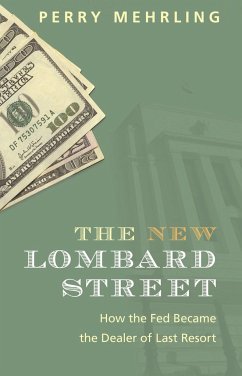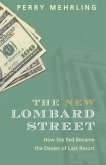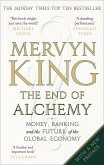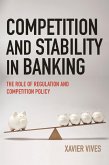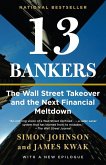Presents the innovative principles needed to address the instability of the markets and to rebuild our financial system. This book traces the evolution of ideas and institutions in the American banking system since the establishment of the Federal Reserve in 1913. It explains how the Fed took classic central banking wisdom from Britain and Europe.
Hinweis: Dieser Artikel kann nur an eine deutsche Lieferadresse ausgeliefert werden.
Hinweis: Dieser Artikel kann nur an eine deutsche Lieferadresse ausgeliefert werden.

Perry Mehrling will die Aufgaben der Zentralbank ausweiten
"Ich bin keineswegs ein Alarmist. Ich glaube, dass unser System, obgleich es eigenartig ist, sicher betrieben werden kann. Aber wenn wir es so betreiben wollen, müssen wir es studieren. Geld managt sich nicht selbst, und die Lombard Street hat sehr viel Geld, das gemanagt werden muss." Diese Sätze entstammen Walter Bagehots im Jahre 1873 erschienenen Finanzklassiker "Lombard Street", in dem der Ökonom und Journalist Bagehot den Geldmarkt der führenden Finanzmetropole London untersuchte.
Bagehot gelangte dort zur Erkenntnis, dass in unserem Geldsystem die Zentralbank als "Geldgeber der letzten Instanz" auch die Funktion einer Hüterin des Geldsystems besitzt. In Krisen soll sie durch Bereitstellung von ausreichender Liquidität die Zahlungsfähigkeit des Bankensystems gewährleisten, aber sie soll nicht einzelne Banken retten. Bagehots Grundgedanken finden bis heute weite Zustimmung.
Aber wir leben nicht mehr im Jahre 1873. Die Welt hat sich verändert, und gerade die Krisenjahre 2007/2008 haben gezeigt, dass eine Veränderung in der engen und computergestützen Vernetzung sehr unterschiedlicher Finanzmärkte besteht. Aus dieser Beobachtung schließt der amerikanische Ökonom und Wirtschaftshistoriker Perry Mehrling, Bagehot habe im Prinzip noch heute recht, aber das Anwendungsfeld der Zentralbank müsse erweitert werden. Die Funktionsfähigkeit des Banksystems hänge nicht alleine an einem liquiden Geldmarkt, sondern an der Liquidität weiterer Finanzmärkte, für deren Funktionsfähigkeit die Zentralbank auch garantieren solle. So logisch das klingt: Zentralbanken sind mit ihren heutigen Aufgaben schon überfordert.
gb.
Perry Mehrling: The New Lombard Street.
Princeton University Press. Princeton 2011.174 Seiten. 29,95 Dollar
Alle Rechte vorbehalten. © F.A.Z. GmbH, Frankfurt am Main

